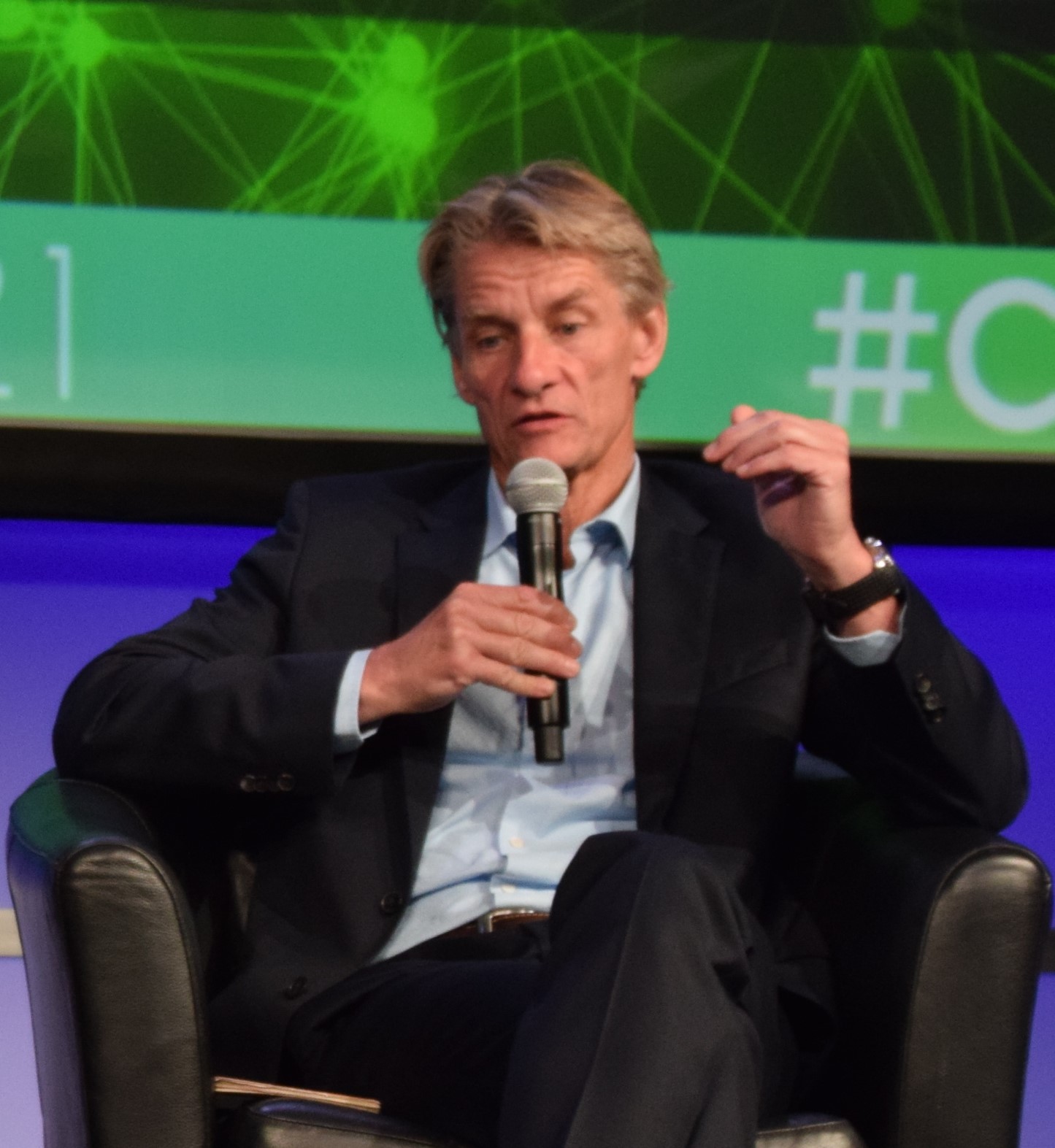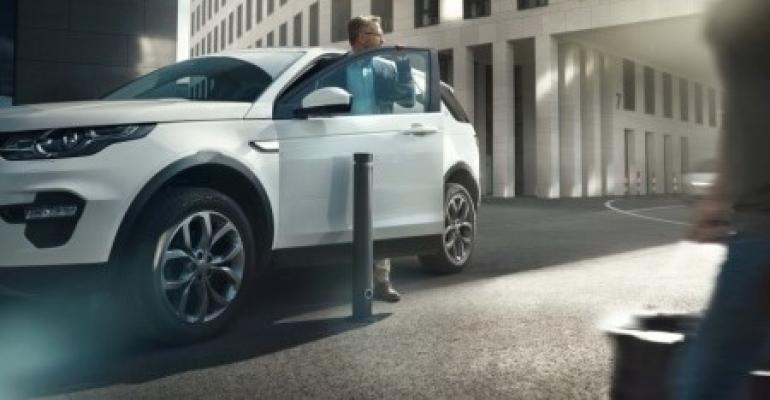Anyone who has operated on either side of the OEM Purchasing/Tier One supplier relationship has seen it evolve in recent years from being mostly about price to more of a collaborative partnership in which both sides benefit from working out how best to deliver impeccable quality on schedule at mutually acceptable prices. This very positive evolution has become even more important in the past 18 or so COVID-affected months.
Brose North America President Wilm Uhlrenbecker will address this and other supplier-related issues in a “fireside chat” panel discussion at the Center for Automotive Research Management Briefing Seminars at 1:30 pm today. The world’s fourth-largest family-owned automotive supplier, Brose’s three divisions specialize in doors and liftgate technology, seating systems and electric motors and drives.
Wards caught up with Uhlenbecker for a preview of what he is most likely to discuss.
“In general, the industry has been shifting to a more collaborative approach for some time now, some OEMs more successfully than others,” he says. “Sometimes they have started working with us earlier with pre-acquisition or pre-development projects to better understand our expertise. We are seeing that more now and seeing better collaboration, especially when we are considered to be an expert in a certain field.”
The 2020 COVID shutdowns produced a critically important mutual realization that, “We were all in the same boat and had to work together to get through it. We had frequent meetings where our customers called together all of their key suppliers and achieved good understanding of the situation we were in and that we needed to achieve the best possible relationships.
“There was, throughout the industry, clear appreciation and common understanding of how best to work together to keep our plants going while protecting our employees and working very closely with the governments at all levels.”
One thing that has become more prevalent again in the past 18-24 months, Uhlenbecker says, is the importance of “local-for-local” production. “Most of the time when we have issues, it has been with parts coming from overseas because that is where the whole logistics chain can be challenging. Normally, it is best to develop local suppliers and have high transparency and good relationships with them.”
Is there now more recognition on the OEM side of how dependent they are on their suppliers? “Yes,” he responds. “I think they have learned that they are very dependent not just on their Tier One suppliers but also on Tiers Two and Three. And with the semiconductor shortage, that dependence goes all the way down to where they are produced.”
Going forward, he adds, “for highly critical components and subsystems, OEMs will demand more transparency from their Tier Ones. And we will work to secure supplies from critical Tier Two and Tier Three suppliers for longer terms, up to a year or two.”
 Another major challenge has been the post-pandemic difficulty of filling key jobs. “We have several plants here in Michigan,” says Uhlenbecker (pictured, left), “and we really had a hard time as our customers were launching products and we were ramping up production volumes. We needed more people, and it was very difficult to find them in the labor market. And with fairly high turnover of new hires, we have required additional training. But we will always maintain quality, even if it requires extra checks that slow us down.”
Another major challenge has been the post-pandemic difficulty of filling key jobs. “We have several plants here in Michigan,” says Uhlenbecker (pictured, left), “and we really had a hard time as our customers were launching products and we were ramping up production volumes. We needed more people, and it was very difficult to find them in the labor market. And with fairly high turnover of new hires, we have required additional training. But we will always maintain quality, even if it requires extra checks that slow us down.”
What about new startup OEMs that might not survive for long? “We have an office on the West Coast for new OEMs, and we try to cluster them,” he says. “We try to do what I would call opportunistic business. They must appear to have sustainable business going forward, and we work with them to provide off-the-shelf products as much as possible. If they ask for something, they pay up front, and we deliver as we go.
“And at some point, they get to a level where they have business sustainability and become more like traditional OEMs.”





